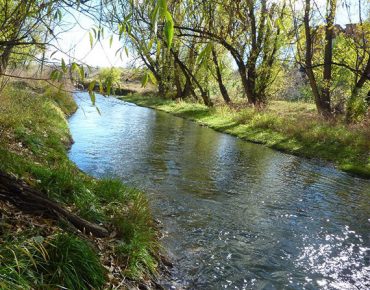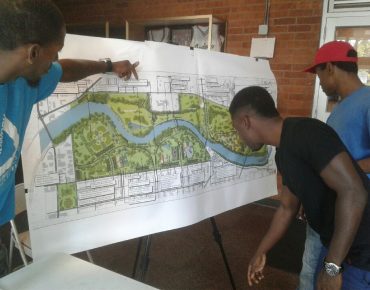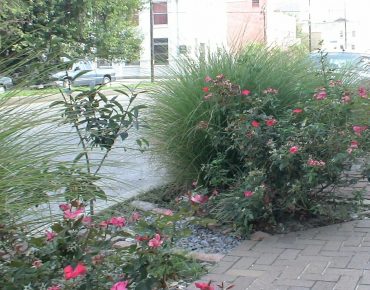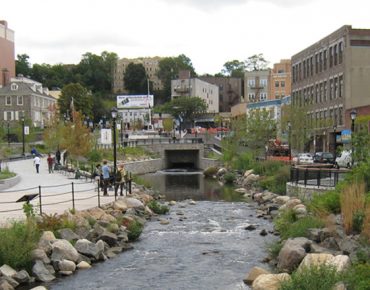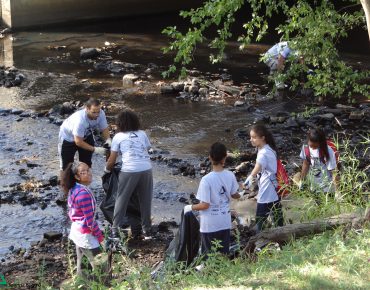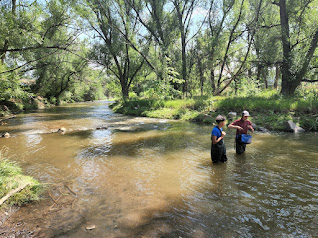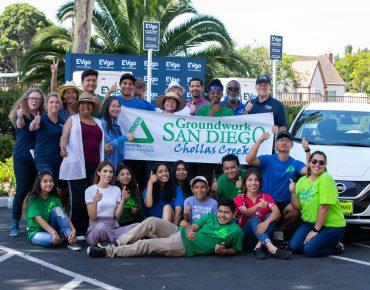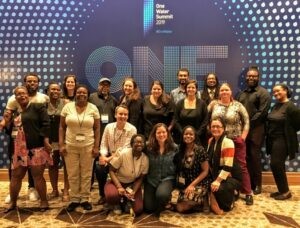Revitalizing urban waters and the communities around them
Decades-long degradation of urban waterways presents numerous challenges, but also amazing opportunities to strengthen connections between local waterways, adjacent habitat, and surrounding neighborhoods, catalyze community renewal, and improve residents’ quality of life. Many lower-income communities and communities of color are located in low lying areas adjacent to degraded and polluted urban rivers, streams, and creeks, some of which also flood into their neighborhoods. Community residents lack safe, easy, or visible access to these waters.
